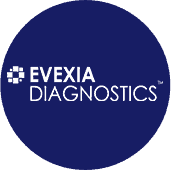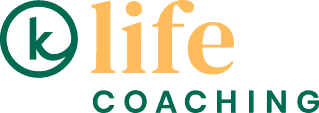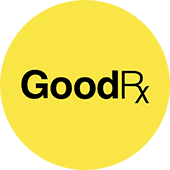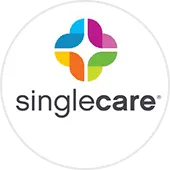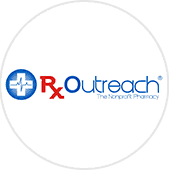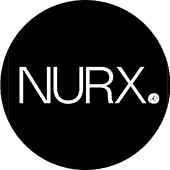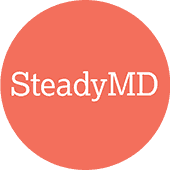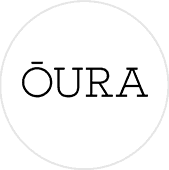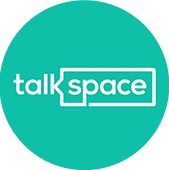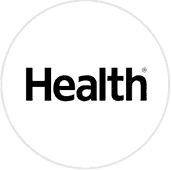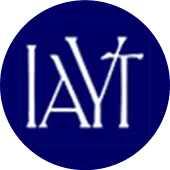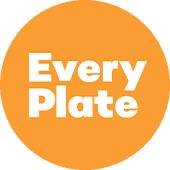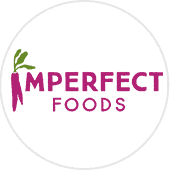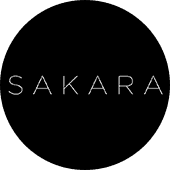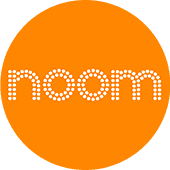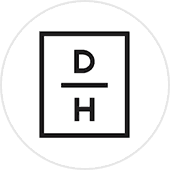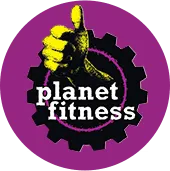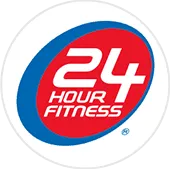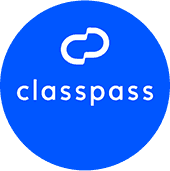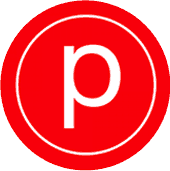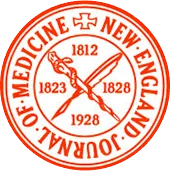Nearly everyone in the United States agrees that medical care costs are out of control.
And it’s not a black-and-white issue.
Yes, procedures, drugs, doctor visits, tests, surgeries and lab work are all more expensive than ever…
…but that’s only half the problem.
The other half has to do with the opaque and downright discriminatory pricing structures one has to navigate based on their “coverage”…or lack thereof.
And it’s not just individuals who struggle with confusing insurance pricing models…
Hospitals, clinics and doctor’s offices are so fed up with fluctuating “contracted rates” (the amount your insurance agrees to pay for this-and-that procedure, drug, etc.), that they are now rewarding cash-paying patients.
That’s right. As reported by The Wall Street Journal[note]https://www.wsj.com/articles/how-to-cut-your-health-care-bill-pay-cash-1455592277[/note], for the first time in history, cash-paying patients can now save more money on care in hospitals and clinics than the insured.
Is this fair? No! Especially for those with high-deductible plans.
For example, per the article listed above, the contracted rate for an MRI at a hospital could run you $2,000.00, which means if you have a $5,000 deductible…you’re pretty much paying for that out of pocket.
Conversely, if you were to inquire about cash rates, you may find that same MRI could cost you just $600.
For real.
Now, this presents a conundrum for those who rarely use their insurance: do you continue paying an arm and a leg for coverage—knowing you’re being over-charged for care?
Do you risk-it and become a cash-pay patient? You’ll save on procedures, but what if “the worst” happens and you’re left with no coverage?
OR, what about a third option? You join a cost sharing program, where any unexpected medical expenses are shared by the community, BUT you also get the cash-pay rates?
That’s Exactly How Medical Cost Sharing Saves You Money on Care
Let’s look at a couple examples to explain how this works.
If you don’t have traditional insurance, the healthcare industry considers you a cash-pay/self-pay patient. But that goes for anyone enrolled in a cost sharing program too.
The system doesn’t recognize cost sharing as “coverage” because it’s not technically insurance.
It’s “sharing” of expenses among members facilitated by Knew Health Community.
Okay, so let’s say you find out you need an MRI for an unexpected injury or illness.
You call up your local hospital or provider to inquire about care.
When they ask about insurance, you tell them you’re self-pay and part of a cost-sharing program.
They will typically tell you that cash-paying patients are eligible for awesome discounts. And, assuming your membership is active, the community will share those expenses.
Now, depending upon which cost sharing program you’re a part of, you have two choices:
#1: You inquire about rates and negotiate a cash discount on services yourself: which can be easy or not-so-easy depending upon the provider, your schedule and your negotiating skills.
#2: If you’re part of Knew Health Community, you call up your concierge and have them negotiate that rate for you.
Which makes your life super easy.
Since you’re paying cash, you will typically get a good discount—which saves the entire cost sharing community money allowing us to keep rates low, the care provider gets paid fairly and quickly, and all that’s left for you to do is show up, get your screening done, and submit your bill for sharing.
Imagine that!
Up-front pricing, negotiated for you by your Knew Health Community concierge, the same quality MRI anyone else would receive and no unexpected medical bills or added stress.
Let’s Look at Another Example of How Cash Can Save You Big on Expenses
Our medical director, Dr. Jeff Gladd, recently shared a personal story on the KNEW Vision Tour about how cash saved him a ton on a recent procedure.
Dr. Gladd was recommended a series of treatments to improve his eye health.
Since he’s part of a cost sharing program, he inquired about pricing early on.
He was told each procedure would cost $350.00.
When it came time to share those expenses, he found out this procedure was only eligible for $120.00 in sharing within his program.
So, he went back to the clinic, told them the situation and asked what they could do.
As it turns out, since he was cash-pay and part of a cost sharing community, they offered him the lowest rate they could accept which was the Medicare rate of $135 per treatment…
…he took it, and got the exact same series of treatments for just $135. Cost-sharing paid $120, and he paid $15.00 each out-of-pocket.
The only difference here is, if you’re a Knew Health Community member, a concierge would do that negotiating for you.
The big takeaway…
Once the government mandate to purchase insurance goes away in 2019, you have an important choice to make.
Keep paying into a system that’s gouging both consumer and care provider with their opaque pricing model, OR consider cost sharing as a way to get the same quality of care for up to half-off.
To learn more about membership, visit: www.knewhealth.com. We will be posting more program details and an extensive FAQ page soon!
To more affordable care for all…
-The Knew Health Team
Photo courtesy of https://www.ebikeshed.com/


